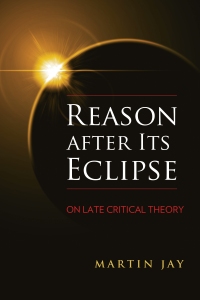Variation within repetition is common in Latin epics, but Ovid is the undisputed champion of its usage.
 Laurel Fulkerson and Tim Stover conversed recently about how the genre of Latin epic poetry lends itself to repetition. They explore a distinct form of repetition in Ovid’s Metamorphoses in the new UWP book they’ve edited. Repeat Performances: Ovidian Repetition and the Metamorphoses is published in the longstanding University of Wisconsin Press series Wisconsin Studies in Classics.
Laurel Fulkerson and Tim Stover conversed recently about how the genre of Latin epic poetry lends itself to repetition. They explore a distinct form of repetition in Ovid’s Metamorphoses in the new UWP book they’ve edited. Repeat Performances: Ovidian Repetition and the Metamorphoses is published in the longstanding University of Wisconsin Press series Wisconsin Studies in Classics.
Tim Repetition is certainly a feature of later epic as well, so we wondered if there was a kind of repetition that was particularly Ovidian. We wanted some of our contributors to identify and elucidate the Ovidianism of post-Augustan epic’s repetitious gestures. A systematic study of Ovid’s influence on Flavian epic and beyond is a critical desideratum for our field. One of the exciting things about this book is that several of its papers demonstrate how deeply Ovid influenced later writers of epic, while also pointing to new avenues for research on the reception of Ovidian repetition specifically. Perhaps the most salient example of the latter is the use by Neil Bernstein of Tesserae, a web-based interface for exploring intertextual parallels in Latin literature. It’s a strength of this volume that it brings together more traditional approaches to Ovidian repetition and newer cutting-edge technology on intertextuality.
Laurel And, of course, epic itself is a repetitive genre. We say in the introduction that we think it’s more repetitive than many other genres. All of literature is necessarily repetitive, but the body of epic material becomes codified so early on; the whole Homeric cycle is predicated upon the notion that everyone already sort of knows these stories.
Tim Precisely. The point of the cycle seems to be in telling the same stories in a different way, so that what is deemed “innovative” in any new version is not the basic plot of a given story, but rather what kinds of material will differentiate it from its predecessors at a microcosmic or atomic level. This practice is foundational for later poetry, but is most pronounced in epic and tragedy, two genres that over time cross-fertilize each other in complex ways. That’s another angle explored in our book. Variation within repetition is a key factor of all of Latin epic, but Ovid is the undisputed champion of its usage, as the contributors to this volume reveal. Ovid’s example then sets repetition on a new and exciting path, which is discernible in the specifically Ovidian nature of the repetitiveness of post-Ovidian epic.
Laurel Or so we think; you’ll have to read the book to make up your own mind.

 Laurel Fulkerson
Laurel Fulkerson Tim Stover
Tim Stover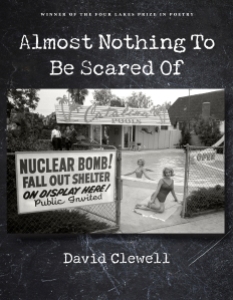
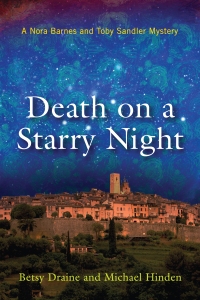

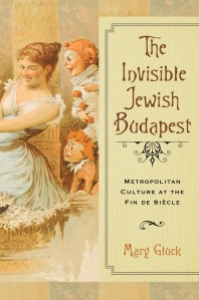
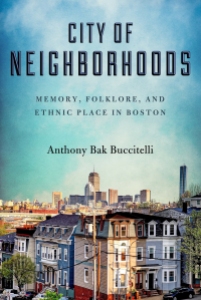
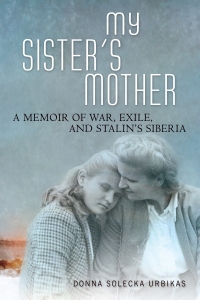




 She previously won the Brittingham Prize for her collection
She previously won the Brittingham Prize for her collection 

